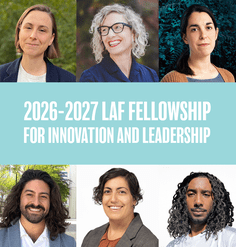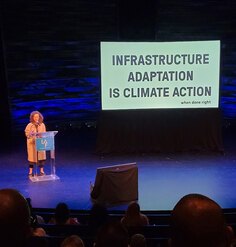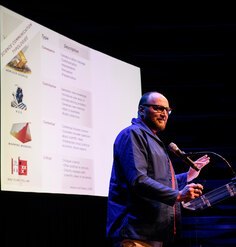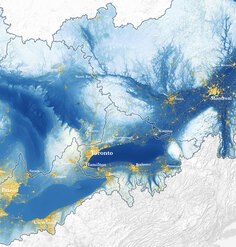Six Selected for 2019-2020 LAF Fellowship for Innovation and Leadership
The Landscape Architecture Foundation (LAF) is delighted to introduce the 2019-2020 cohort of the LAF Fellowship for Innovation and Leadership. This unique and exciting program is entering its third year thanks to the support of the LAF: 50 & Forward Campaign donors. Each of the selected participants, four LAF Fellows and two LAF Olmsted Scholars, will engage in a yearlong journey to develop their leadership capacity and work on ideas that have the potential to create positive and profound change in the profession, the environment, and humanity.
The LAF Fellows will each receive a $25,000 award and dedicate 12 weeks of time over the course of the coming year to pursue their proposed project. Participating LAF Olmsted Scholars will receive a $5,000 award to further their own ideas in preparation for future fellowship, partnership, or funding opportunities. The fellowship consists of this project work, supported by facilitated discussions, critiques, mentorship, and explorations of transformational leadership that occur during three 3-day residencies in Washington, DC. The 2019-2020 Fellowship year will commence in late spring and conclude in Spring 2020 with a final symposium to showcase completed work. (Check out videos from the 2018 LAF Symposium for Innovation + Leadership.)
LAF is proud to make this investment in the people and ideas that will drive the future of landscape architecture, and we look forward to working with the cohort as they tackle important challenges and issues.
Meet the 2019-2020 Fellows
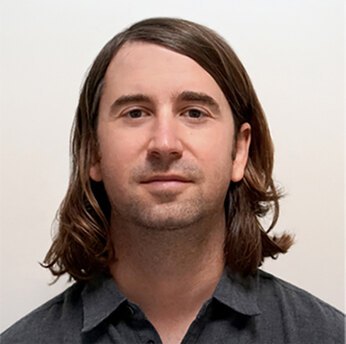
Hans Baumann, Independent Landscape Architect, Santa Monica, CA
Position Vector Salton Sea
Hans will pursue a site-specific landscape intervention in partnership with the Torres Martinez Desert Cahuilla Indian Tribe. Engaging with Tribal lands, knowledge, and creative resources, the project will culminate in the construction of a monumental artwork in the landscape that measures the disappearance of California’s Salton Sea, the homeland of the Cahuilla since time immemorial. Using landscape as a medium of communication between Western design methodology and Indigenous knowledge, this project will leverage the uniquely interdisciplinary tools of landscape architecture to draw attention to an emergent environmental catastrophe.

Pierre Bélanger, Landscape Architect, Urban Planner, & Settler Scholar, OPEN SYSTEMS / Landscape Infrastructure Lab, Boston, MA*
LANDSCAPE AS REVOLUTION: A Contemporary, Historiographic Inquiry into the Subtexts, Pretexts, & Contexts of Landscape Architecture Since 1993
Emerging from an overlooked body of work in the past twenty-five years, the project aims to create a book publication that brings together a range of landscape practitioners, including botanists, arborists, historians, hydrologists, anthropologists, and activists. Through a series of original translations, archival texts, and overlooked writings by landscape activists, the main vision of the project involves the revival of the geopolitical study of land as a contemporary, transcultural subject for greater publics.
*Traditional lands of the Massachusetts people, unceded and unsurrendered territory of the Wampanoag and Nipmuc Nations
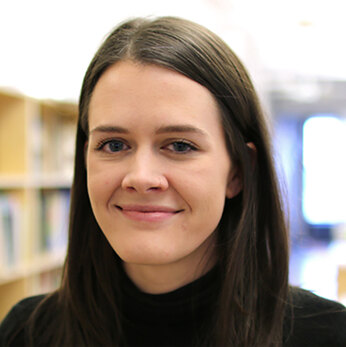
Elizabeth Camuti (2018 National Graduate Olmsted Scholar), Landscape Designer, SCAPE, New Orleans, LA
Resiliency Planning at the Territorial Scale of the United States’ Caribbean Islands
Climate change is already affecting the planet, yet the public is often limited in their ability to provide input on plans to address the problems it causes because of engagement models have not kept pace with a rapidly changing world. This project will seek to bridge that gap by employing multimedia installations that merge cultural literacy and community engagement. These interventions will allow audiences to engage in play and problem-solving to gain a greater understanding of landscape solutions and provide meaningful feedback.
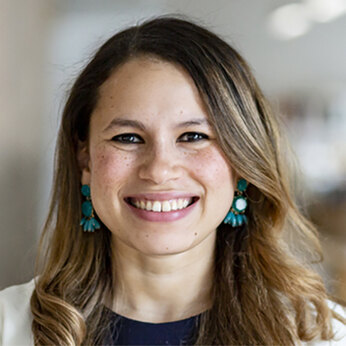
Diana Fernandez, Associate, Sasaki, Watertown, MA
Heterogeneous Futures: A Framework for Ecologically & Culturally Diverse Landscapes
Historically, the profession of landscape architecture has innovated practice models through distinct periods, such as the national replications, modernism, and landscape ecology movements. Today, the natural progression for our profession is to enable social, cultural, and linguistic knowledge to be an integral part of the design process. This project seeks to gather these realms of knowledge through case studies and a book manuscript to promote truly resilient landscapes that reflect the collective experiences of the people who will inhabit the spaces.
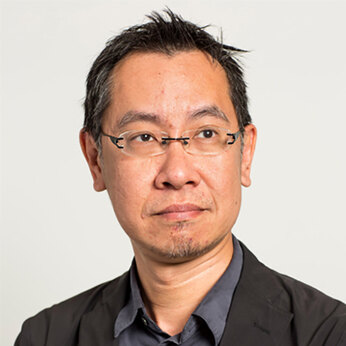
Jeffrey Hou, Professor, Department of Landscape Architecture, University of Washington, Seattle, WA
Educating Design Activists in Landscape Architecture
Design activists employ a range of techniques to advocate for social and ecological justice, but, for many, landscape architecture is an unknown. This project will assemble a group of leading educators and practitioners to produce a white paper and resource guide on educating design activists and leaders in landscape architecture. The results will be shared with educators and educational institutions around the world and disseminated through lectures and presentations at major conferences.
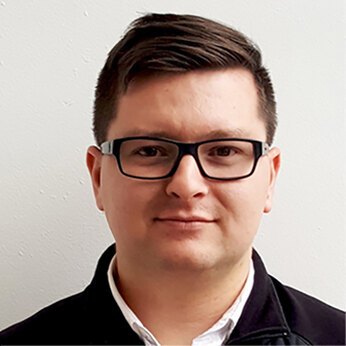
Nicholas Jabs (2018 National Graduate Olmsted Scholar Finalist), Designer, PORT Urbanism, Philadelphia, PA
Working Landscapes and the Middle American City
Nicholas will build on his thesis work to explore the environmental and economic performance of working landscapes in the cities of Middle America. Guided by past research, the project will question the future of work in a region defined by manufacturing industries, propose a new approach to manufacturing as a design problem to be known as ‘working landscapes,’ and develop a network of designers and non-designers who can unite their efforts to create alternative futures for the working landscapes of Middle America. The knowledge generated will be shared widely with the goal of leveraging change, especially in the political and economic arenas.
Applications for the 2020-2021 cohort will open in early summer 2019 and will be due September 15.
